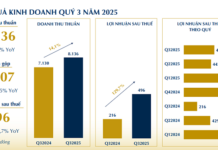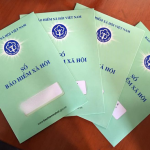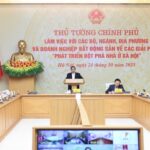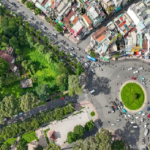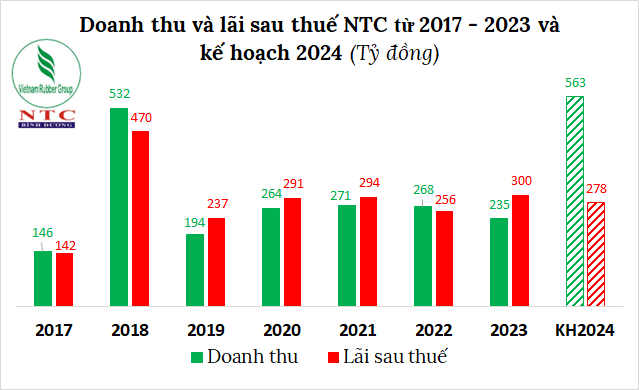Inclusion of the Medical Profession in the List of Strenuous, Hazardous, and Dangerous Occupations
This is one of the proposals from Lam Dong province’s voters to the Ministry of Health before the 7th session of the 15th National Assembly.
Accordingly, Lam Dong voters suggested that the Ministry of Health consider including the medical profession in the list of strenuous, hazardous, and dangerous occupations, eligible for early retirement up to 5 years before the standard retirement age. This proposal aims to protect the health of medical staff and ensure the quality of healthcare services for the people.
In response to the voters’ proposal, the Ministry of Health clarified that early retirement for strenuous and hazardous occupations is regulated by the Labor Code and the Social Insurance Law, which allow retirement up to 5 years earlier than the standard retirement age.
Therefore, the decision to include the medical profession in this category falls outside the authority of the Ministry of Health. However, the Ministry acknowledged the proposal and pledged to actively provide feedback when requested by authorized agencies.
New Regulations on Preferential Allowance for the Medical Profession
In addition to the request for early retirement, the voters of Lam Dong province also proposed the inclusion of preferential allowances for medical professionals in their social insurance contributions. This suggestion aims to ensure the benefits and quality of life for medical staff upon retirement.
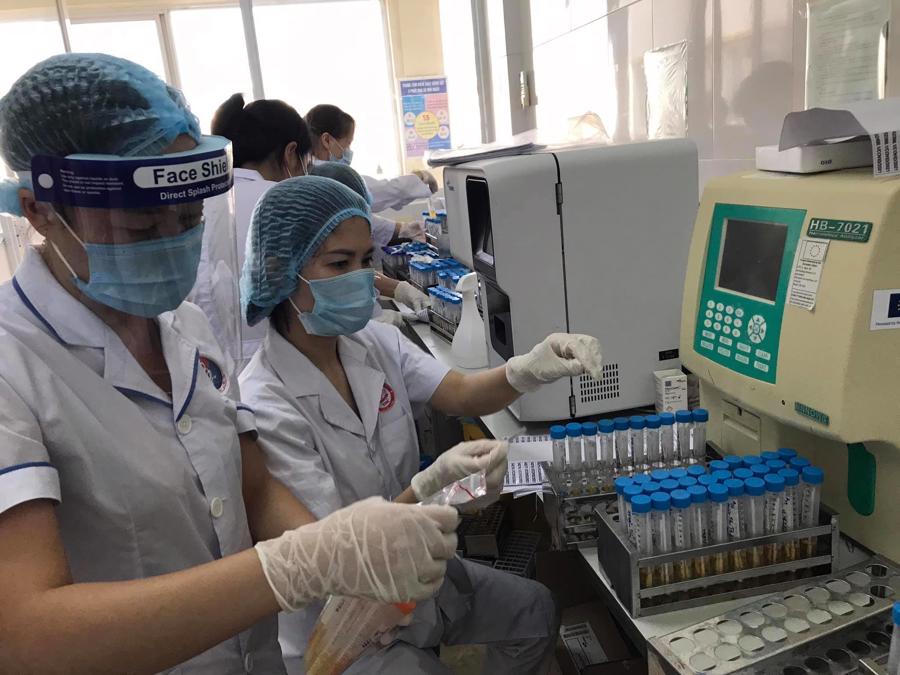
Regarding this proposal, the Ministry of Health explained that currently, preferential allowances for civil servants and public employees working in public health facilities are governed by several documents: Decree No. 56/2011/ND-CP, Decree No. 05/2023/ND-CP, and Inter-ministerial Circular No. 02/2012/TTLT-BYT-BNV-BTC, providing guidance on Decree No. 56.
However, the Seventh Plenum of the 12th Party Central Committee, held on May 21, 2018, issued Resolution No. 27-NQ/TW on reforming salary policies for officials, public employees, armed forces, and employees in enterprises. This resolution stated: “Eliminate seniority allowances, except for the military, police, and cryptography sectors, to ensure salary correlation with officials and public employees.”
As a result, when implementing Resolution No. 27-NQ/TW, there is no longer a seniority allowance regime for the medical profession.
In accordance with Resolution No. 27-NQ/TW and Resolution No. 99/2023/QH15 of the National Assembly on supervising the mobilization, management, and utilization of resources for COVID-19 pandemic prevention and control, the Ministry of Health is developing a new regulation on preferential allowances for the medical profession, which will replace Decree No. 56.
According to the Ministry of Health, this regulation is expected to be submitted to the Prime Minister in November 2024 and promulgated within this year. The amendments and supplements include:
(i) Increasing surgical and procedural allowances, as well as adjusting the amounts for on-call payments and meals for medical staff in line with current price indices and consumer prices.
(2) Applying regulations on working hours, overtime, and overtime payment for 24-hour on-call duty in accordance with the Labor Code.
(3) Granting special allowances to contracted employees who have been assigned salaries according to Decree No. 204/2004/ND-CP, including security guards, drivers, nursing assistants, and professional contractors during the waiting period for civil service exams.
The Ministry of Health acknowledged the voters’ proposals and will consolidate them for submission to the Prime Minister for consideration and decision, in line with the actual situation and directives from authorized agencies.
Fixing the flaws in calculating pension benefits
The length of time participating in social insurance is long, but the level of benefits is not proportional, which makes the pension not attractive to workers.















